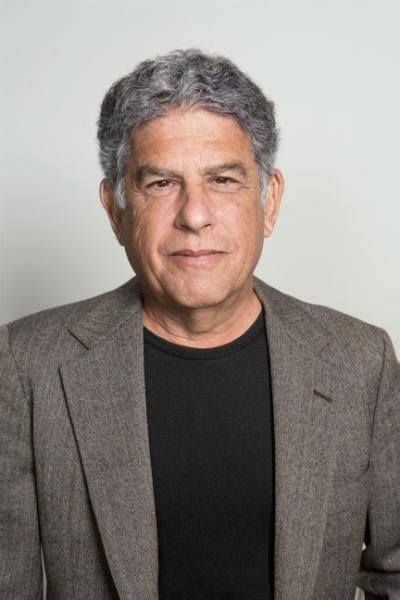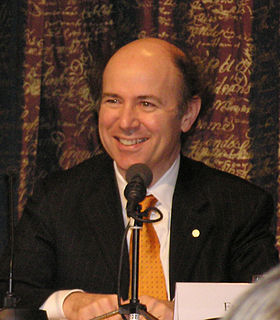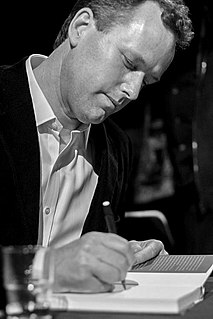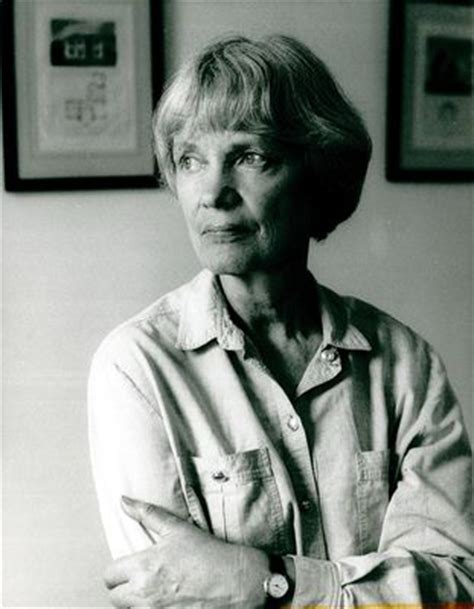A Quote by Madame de Stael
What is love, if it can calculate and provide against its own decay?
Related Quotes
I think there's responsibility both at the federal and provincial levels for education in a grander sense - and that is to provide recognition financially to people who are educators, to help provide access to on-the-spot learning, so kids are not biased against science. Especially when people are younger, their curiosity needs never to be beaten down. And you can only do that if you have people who love the subject they're teaching, and who provide the student with the ability to do it in the field.
What people love about life is its miraculous beauty; what they hate about death is the loss and decay around it. Yet losing is not losing, and decay turns into beauty, as beauty turns back into decay. We are breathed in, breathed out. Therefore all you need is to understand the one breath that makes up the world.
'Conservation' (the conservation law) means this ... that there is a number, which you can calculate, at one moment-and as nature undergoes its multitude of changes, this number doesn't change. That is, if you calculate again, this quantity, it'll be the same as it was before. An example is the conservation of energy: there's a quantity that you can calculate according to a certain rule, and it comes out the same answer after, no matter what happens, happens.
Looking after children can be a subtle way of giving up... They become the whole ones, the well ones, the postponement of happiness, the ones who won't drink too much, give up, get divorced, become mentally ill. The part of oneself that's fighting against decay and depression is transferred to guarding them from decay and depression. In the meantime one decays and gets depressed.
I'd say, [writing memoir] not so much a model, but maybe to provide an insight, here or there, to help somebody come to terms with the dark corners of their own soul, to come to terms with the undecided, their own sense of self, and maybe help develop a capacity to love - to love wisdom, love justice.
When we sit, we open our own treasure house. Rather than do this, however, most of us first seek to find the treasures another person can provide. We calculate their value to us. When we approach relationships in this manner, we are coming as beggars, seeing the other as a source of supply. When we can enter a relationship with our treasure house already open, there is no end to the wonders we can find, both within and between ourselves and another.






































